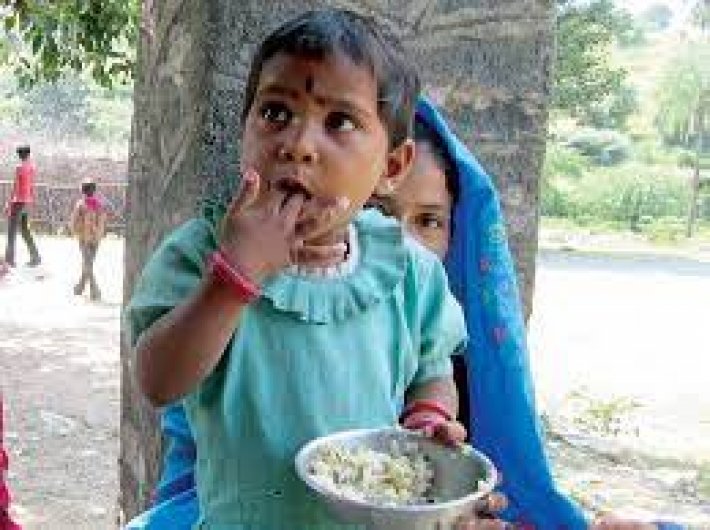Adults should follow Covid-appropriate behaviour, limit social engagements, take vaccines – that will also protect kids: Dr. Praveen Kumar of Lady Hardinge Medical College
Dr. Praveen Kumar, director, department of pediatrics, Lady Hardinge Medical College, New Delhi, talks about various issues including impact of Covid-19 on children, the need to protect them, and vaccinating pregnant women and lactating mothers.
How has the pandemic affected children's mental and physical health? What needs to be done to reduce its long-term impact?
Pandemic can have a severe effect on children’s mental and physical health. They are confined at home for more than a year. Moreover, illnesses in the family, wage losses for parents have increased stress. Children may express psychological distress (sadness) by acting out in a different way each child behaves differently. Some may become silent while others may express anger and hyperactivity.
Caregivers need to be patient with children and understand their emotions. Look for signs of stress in young children, which could be excessive worry or sadness, unhealthy eating or sleeping habits, and difficulty with attention and concentration. Families also need to support children to cope with stress and also allay their anxiety.
Do you think the future waves can affect children more severely? How does the country need to prepare for any future wave of Covid-19 with respect to providing quality care to pediatric patients?
As we all know, Covid-19 is a new virus that has potential to mutate. Whether the future waves will affect children more or with increased severity are speculations. People speculate that future waves may affect children more as most of the adults will be vaccinated in the next few months while we do not have any approved vaccine for children at this point in time.
Though we don’t know how the virus is going to behave and affect children in the future, we need to protect our children from the contagion. Adults in the house should follow Covid-appropriate behaviour, and limit their social engagements to reduce the chances of infection as they may carry and transmit the infection to others. Besides, all the adults should take vaccines, which will also protect the children to a great extent.
And now vaccine is available for pregnant women and lactating mothers. This will give a certain degree of protection to the growing foetus and new-born against the deadly infection.
How has the second wave of Covid-19 affected children?
The second wave has affected children equally. COVID-19 is a new virus and it affects all age groups because we do not have natural immunity against this virus. As per the NCDC/IDSP dashboard, approximately 12% of infected Covid was contributed by patients less than 20 years of age.
Recent surveys have shown similar seropositivity in children and adults. However, due to a larger number of people affected during second wave number of infected children were also more as compared to the first wave. So far, the mortality rate in children is lower as compared to adults and is usually seen in children with comorbidities.
What were the challenges that you faced in treating pediatric patients, especially those who required hospitalisation?
Largely we were able to manage children well by increasing number of dedicated beds for Covid infected children. However, during peak of the second wave we faced some challenges as many of senior doctors, resident doctors, staff nurses became positive. We also faced challenges in accommodating all referrals during peak of second wave.
What is MIS-C? Please elaborate on the condition, the challenges that you face while treating an MIS-C case? If you think parents need to be aware of it?
The multisystem inflammatory syndrome (MIS) is a new syndrome seen in children and adolescents (0-19 years of age). Most patients report it two to six weeks after the peak of Covid-19 infections in the affected population.
Three types of clinical course are described: Persistent fever with Raised Inflammatory parameters, Classical Kawasaki Disease like presentation and Shock, LV dysfunction with the inotropic requirement. For establishing the diagnosis of MIS-C, advanced investigations are required. All suspected cases should be referred and managed in a tertiary care hospital with HDU/ICU facility. If identified early, all these cases can be treated.
Courtesy: PIB
https://pib.gov.in/PressReleasePage.aspx?PRID=1737485
